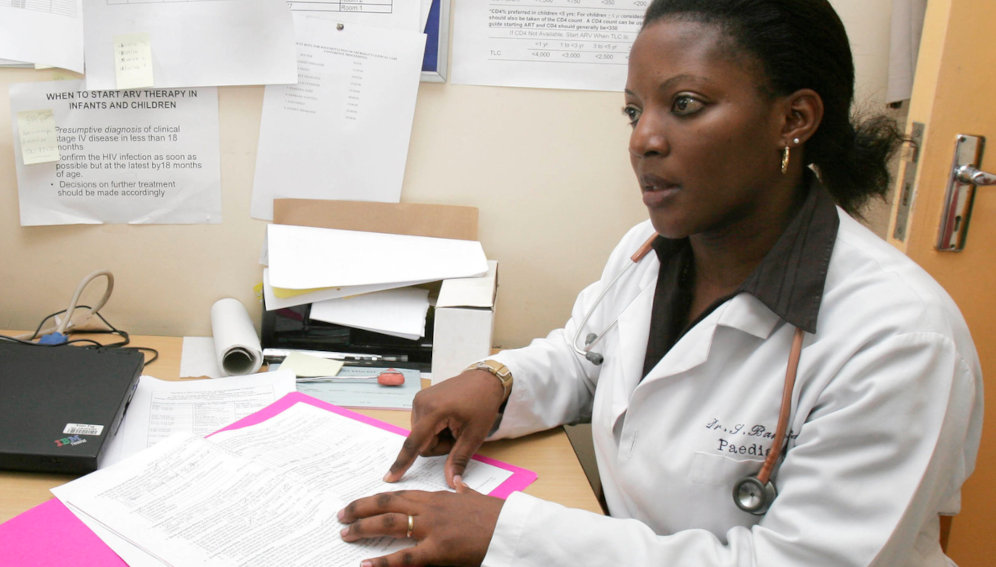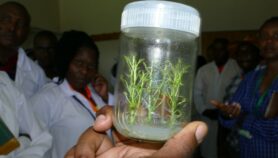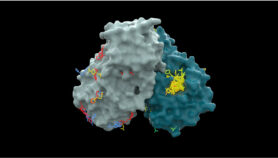04/07/23
Uganda must plug gender, funding gaps in science

By: Edwin Naidu
Send to a friend
The details you provide on this page will not be used to send unsolicited email, and will not be sold to a 3rd party. See privacy policy.
This article was supported by the Science Granting Councils Initiative.
[KAMPALA] Reforms are urgently needed to promote issues such as gender inclusivity and funding of science, technology and innovation (STI) research to accelerate Uganda’s transformation towards middle-income status, a report says.
The Ugandan National Research Output report was launched last week (21 June) at the regional meeting of the Science Granting Councils Initiative, which aims to strengthen the capacities of public science funding agencies in Sub-Saharan Africa.
The report highlights challenges such as gender differences in access to higher education in Uganda and inadequate support for STI funding.
“Any purpose that does not contribute to the national and continental goals to eradicate poverty and address under-development does not help us.”
Uganda’s Minister for Science, Technology and Innovation
“Between 2010 and 2020, less than a quarter (24 per cent) of Ugandan PhD holders were female,” says the report.
It adds that science, technology, engineering and mathematics education in the country is dominated by men, a situation that needs to change.
Policymakers acknowledge the role of science and technology for developing Uganda.
Monica Musenero Masanza, Uganda’s Minister for Science, Technology and Innovation, who launched the report, said the country was committed to ensuring that research played a meaningful role in addressing poverty.
Musenero called for systems to be established to ensure that research contributes to sustainable development.
“Research in a high-publishing journal is not science [if it does not benefit nations],” she said.
“Science is meant to help nations tackle poverty and underdevelopment.
“Any purpose that does not contribute to the national and continental goals to eradicate poverty and address under-development does not help us.”
‘Fast-track reforms’
Martin P. Ongol, acting executive secretary of the Uganda National Council for Science and Technology (UNCST), writes in the report: “Reforms in STI training, gender inclusivity, research funding options, the utilisation of research results by the private sector, and the harnessing of research collaboration, are among some of the critical enablers that should be fast-tracked.”
Some positive efforts to promote gender inclusivity in research were also highlighted in the analysis, however.
In 2019, the UNCST and the International Network for Advancing Science and Policy, a UK-based organisation, established the Gender Equity in Research Alliance (GERA).
GERA was registered as a non-governmental organisation in 2021 and currently has members in 70 per cent of universities in Uganda.
Identifying some of the challenges and solutions to investment in STI research, the report adds that Uganda’s public-funded research budgets still remain “largely foreign-led”.
“New direct and/or indirect models of research funding need to be explored to incentivize private sector actors to invest in research,” the report says.
This article was supported by the Science Granting Councils Initiative, which aims to strengthen the institutional capacities of 18 public science funding agencies in Sub-Saharan Africa.
This piece was produced by SciDev.Net’s Sub-Saharan Africa English desk.













